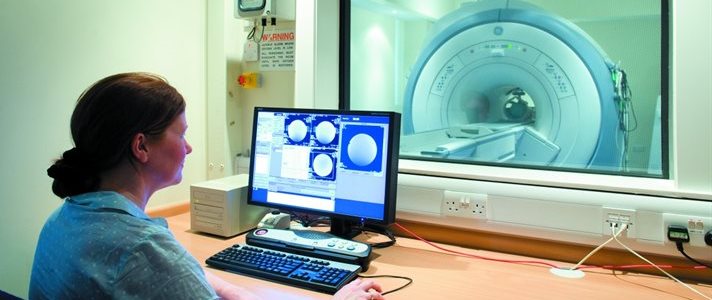
Remote care visits with Fosse Healthcare
This project examines the implementation and impact of virtual care service by Fosse Healthcare, through the installation of the KOMP telecare system, for the recipients of social care services.
Duration: November 2022 – June 2023
Funder: FOSSE Healthcare
CHILL investigators:
- Simon Bishop
- Thoai Le
- Stephen Timmons
- Carl Macrae
Research summary
Background
This evaluation examines the implementation of virtual care service by Fosse Healthcare for the recipients of social care services. Fosse Healthcare provide home care and housing with care across the East Midlands and South Yorkshire, and over the past two years have begun to implement virtual care appointments through the installation of the KOMP telecare system in service users homes. KOMP is a bespoke telecare system developed by the Norwegian start-up No-Isolation, and this work represents the first use of the system in the UK.
A number of possible uses for remote care visits have been considered. In addition to improving social connectivity for care recipients, telecare has been regularly considered for its potential to reduce costs associated with travel for in-person health and care visits and improve independence and quality of life. While there are no consistent findings on these issues from large scale studies, a common theme of existing research is that benefits depend greatly on the way in which new telecare systems are introduced and used, as much as the technology itself.
Approach
The evaluation was structured around a theory of change approach. This involved developing a programme theory following initial discussions with project sponsors and stakeholders around the way in which FHVC was expected to lead to particular outcomes. Following this, the evaluation focused on the acceptability of the technology to service users and staff, as well as the processes, barriers and facilitators to implementation.
Semi-structured qualitative interviews were conducted with staff, service users and family/informal carers. Interviews were undertaken with: 7 service users; 3 family members/informal carers; and 10 staff members. A number of meetings were held with key project sponsors.
Findings
Staff involved in delivering remote appointments were very positive about its use, potential and the KOMP technology was seen as easy to use. In some instances, remote visits were seen by service users as reducing the burden of receiving care, increasing the reliability and timing of appointments, allowing improved communication with family and friends and virtual visits were preferred for part of the care package.
A key point of ongoing development is identifying people who are most likely to benefit from remote care visits. Particular criteria may help to identify those most likely to benefit, including those who find home visits burdensome and are likely to use the technology to communicate with family and friends.
Nevertheless, identifying and continuing to assess suitability for virtual care requires ongoing joint working between the care provider, local authority and social workers in order to consider individuals changing needs and circumstances.



